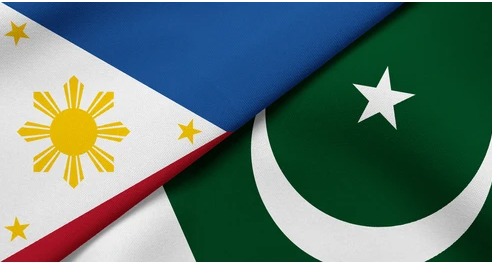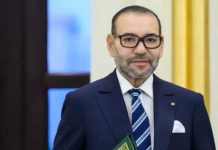The Republic of the Philippines and the Islamic Republic of Pakistan established formal diplomatic relations in 1949, bound by parallel histories as newly independent nations emerging from the tumult of World War II and the dissolution of colonial empires. This shared legacy of resilience and nation-building laid the groundwork for a longstanding relationship anchored on mutual respect, regional solidarity, and a commitment to peace and development.
Since the opening of the Philippine Consulate in Karachi in 1949—followed by the signing of a Treaty of Friendship in 1951 and the elevation of missions to embassy level in the 1950s—the two countries have steadily broadened their cooperation across diplomacy, trade, security, and cultural exchange. Historic milestones include early collaboration under the Southeast Asia Treaty Organization (SEATO), state visits by national leaders, and the institutionalization of
consular and defense attaché offices in Islamabad.
In recent decades, bilateral ties have been revitalized through high-level policy consultations, trade discussions, and the inaugural Philippines–Pakistan Joint Economic Commission in 2018. These engagements signaled a shared desire to explore trade facilitation mechanisms, expand market access, and boost collaboration in key sectors such as agriculture, health, manufacturing, and renewable energy. Feasibility studies and technical working groups are currently in motion to explore the establishment of a Preferential Trade Agreement (PTA) and activate the Pakistan–Philippines Joint Business Forum and Council.
Security cooperation has also advanced with renewed dialogue on defense training, counterterrorism, and strategic coordination, supported by the reactivation of the Office of the Defense and Armed Forces Attaché in 2020. These initiatives reflect growing trust and alignment in addressing shared challenges in regional stability and non-traditional security threats, including disaster response and cybersecurity. Looking ahead, both nations continue to pursue deeper connections across the following areas:
Trade and Investment Expansion
The Philippines and Pakistan aim to strengthen economic ties by increasing bilateral trade
volume and fostering cross-border investment in high-potential sectors. Focus areas include:
Agriculture (food security, agri-tech, halal-certified products)
Pharmaceuticals (joint production and distribution of affordable medicines)
Information Technology (fintech, software development, digital outsourcing)
Creative Industries (media, fashion, design, animation, gaming)
Tourism Promotion and Linkages
There is strong potential for tourism growth between both countries. Through joint promotions, familiarization tours, and streamlined visa arrangements, the Philippines and Pakistan seek to encourage cultural travel and build people-to-people linkages. Key initiatives include showcasing tourism destinations, faith and cultural heritage sites, and eco-tourism opportunities.
Defense and Regional Security Cooperation.
The two countries continue to build upon their defense partnership through joint training programs, capacity-building, and the exchange of best practices in peacekeeping, counterterrorism, and maritime security. These efforts align with broader goals of regional
peace, strategic stability, and inter-regional cooperation between South and Southeast Asia.
Cultural and Educational Exchange.
Cultural diplomacy remains central to fostering mutual understanding. Both sides are committed
to expanding:
Cultural exhibitions and creative collaborations
Academic exchanges and scholarships
Intercultural programs that promote heritage, language, and shared values
Diaspora Engagement and Labor Cooperation.
With a small but active Filipino community in Pakistan, both governments continue to ensure the welfare of overseas nationals while exploring the potential for skilled labor exchange in sectors such as education, healthcare, and technology.
Multilateral and South-South Cooperation
The Philippines and Pakistan have also found common cause in multilateral platforms such as ASEAN, South Asian Association for Regional Cooperation (SAARC), and the Organization of Islamic Cooperation (OIC), collaborating on issues ranging from climate resilience and education to humanitarian assistance and food security. As the Philippines and Pakistan mark more than seven decades of diplomatic engagement, both countries remain committed to strengthening this multifaceted relationship. The future of bilateral cooperation lies in deepening trade partnerships, enhancing defense interoperability, advancing sustainable development goals, and expanding platforms for cultural and people-to- people exchanges—guided by a shared vision of peace, inclusivity, and mutual progress.

BY: Writer H.E. Dr. Emmanuel R. Fernandez Philippine Scholar, and Ambassador to the Islamic Republic of Pakistan








